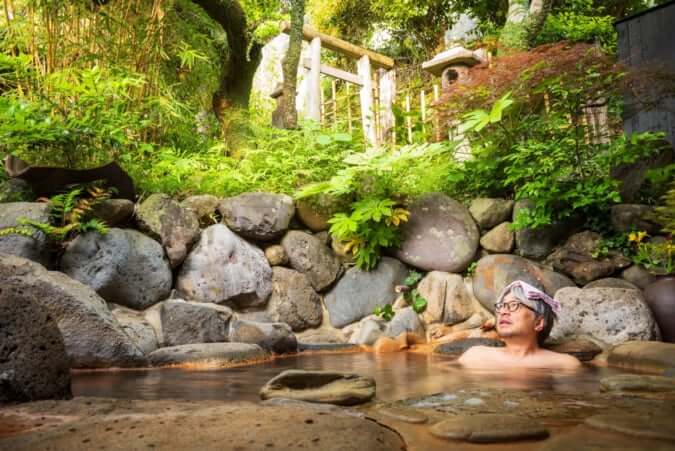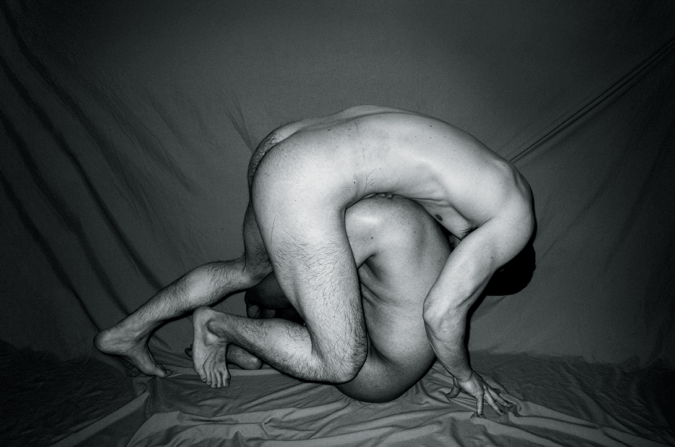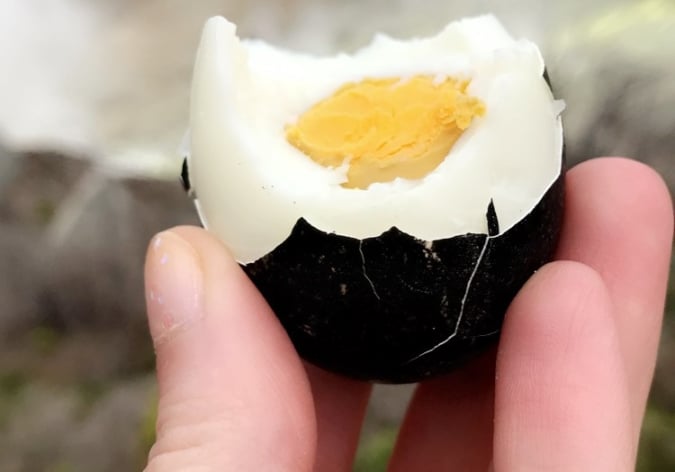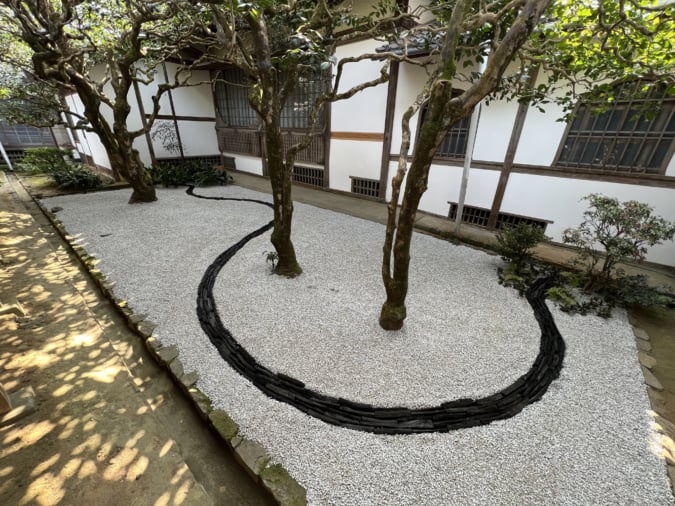Haunted Houses Making for New Property Businesses in Japan

©Hamza Erbay
In Japan, many people believe in spirits, and believe that they remain in their houses after death and haunt them. There is even a rumour that the Prime Minister Shinzo Abe didn’t want to live in his official residence because of the ghost of a former state leader who was killed inside the building.
According to Japanese mythology, if the person who dies is alone, assassinated, or commits suicide, their ghost will return to haunt the place where they lived out their final moments. Because of this, many people avoid living in these haunted houses. Such lodgings, which become immediately available following the death of their former inhabitants, are therefore available to rent for a much cheaper price. Sometimes, because of these superstitions, they can remain unoccupied for a number of years.
This has become a major problem for landlords, because Japanese law is very strict; it requires homeowners to inform potential renters if a person has died a violent death within their property. However, if someone accepts to live in one of these cursed homes, the landlords can then rent to subsequent tenants at market price, as they are not obliged to warn them about backdated deaths.
This problem has led to the emergence of a new business, that of estate agents specialised in renting out these stigmatised properties. Unsurprisingly, these accursed houses attract an audience of unsuspicious renters, enticed by the low prices. They aren’t however numerous enough to fill all the vacant properties across the archipelago. According to the Japanese property website Rethinktokyo.com there are almost 10 million empty properties across the country. This figure is due to increase by over 30% by 2033 predicts the site.
These alarming figures explain problems of desertification and unsanitary conditions that can occur in a number of houses across the country. In order to tackle this issue, some such properties have become tourist sites, such as the former tea house ‘Kissaten Haikyo’ on the island of Miyako (Okinawa) or the school ‘Enkei Kousha Haikyo’, on Hokkaido.
Death and the deceased are part of daily life in Japan, where a Buddhist festival ‘O-Bon’ takes place every year celebrating the spirits of ancestors, both good and evil. This event takes place across all four corners of the country at different times during the year.
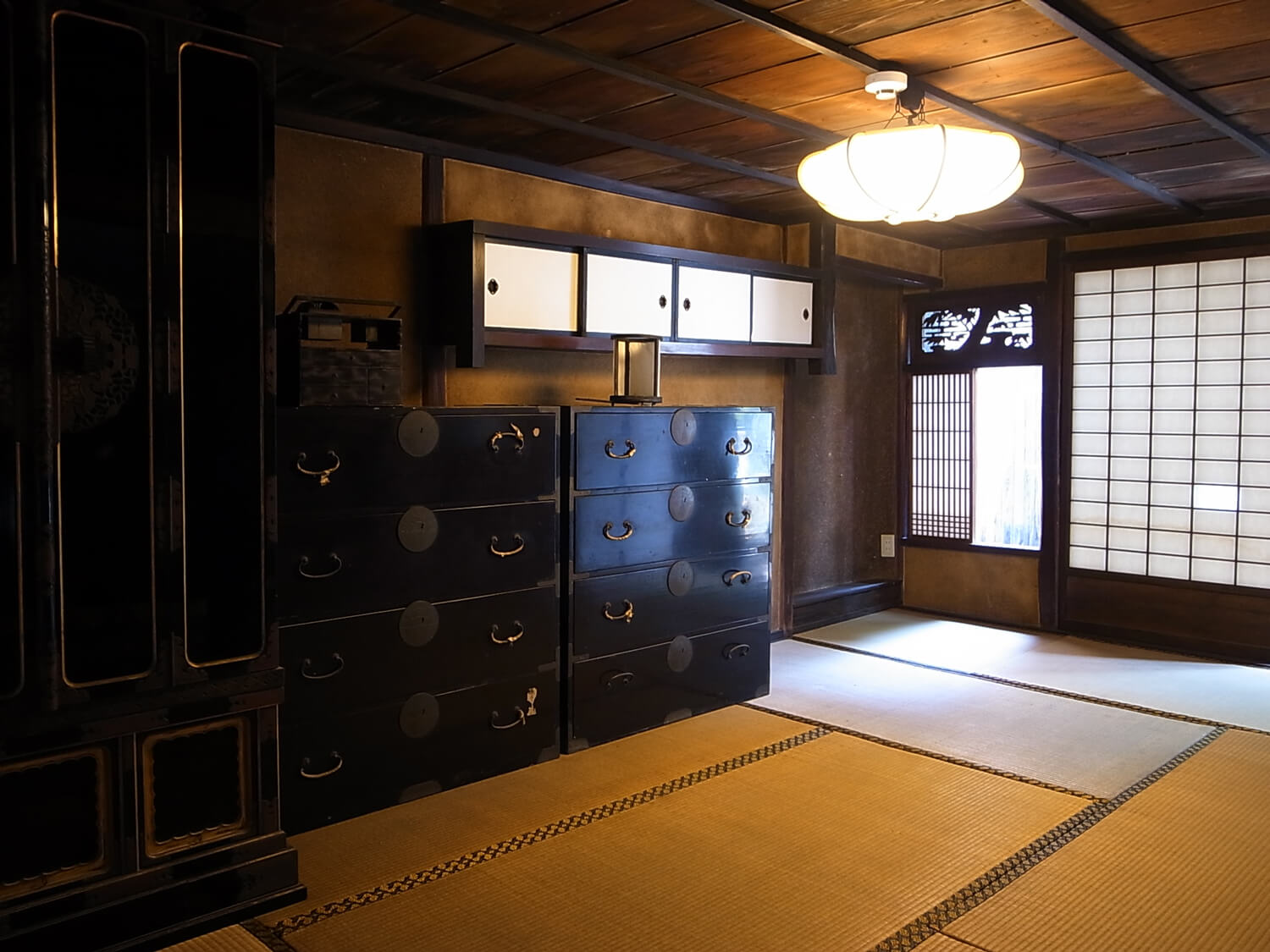
©Lisa Pinehill
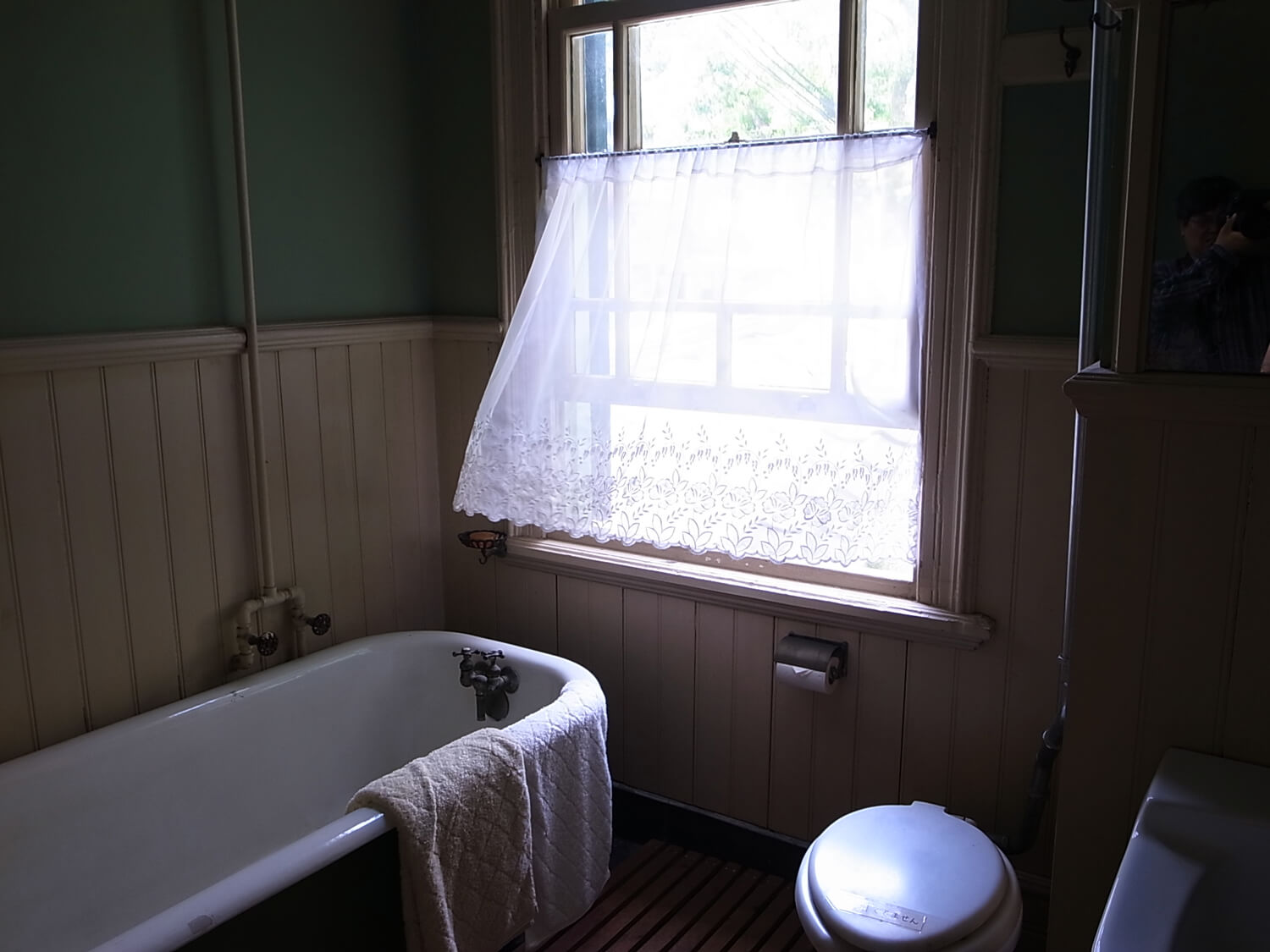
©Lisa Pinehill
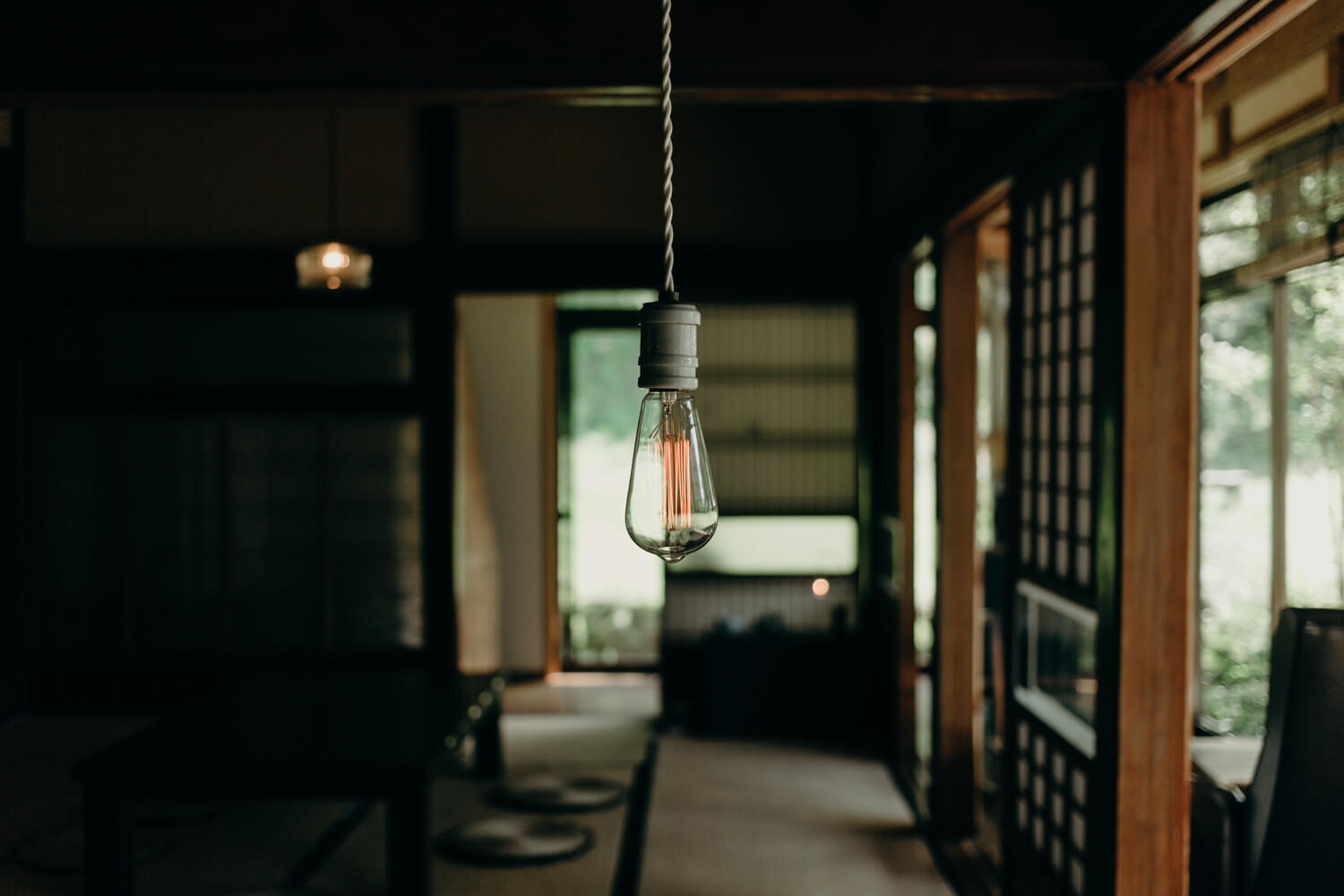
©Marisa Buhr
TRENDING
-
The Tattoos that Marked the Criminals of the Edo Period
Traditional tattoos were strong signifiers; murderers had head tattoos, while theft might result in an arm tattoo.

-
Hirayama Ryokan, a Sacred Bath on Iki Island Said to Bring Happiness
In his ‘Bath Chronicle’ series, Kundō Koyama advocates for ‘yudō’, the ‘way of the bath’, as a pillar of traditional Japanese culture.

-
From Japan to the World, Photographers Poised to Make Their Mark Internationally
The T3 PHOTO FESTIVAL 2025 presents five emerging and established Japanese photographers, aiming to expand their reach on the global stage.

-
The Tradition of the Black Eggs of Mount Hakone
In the volcanic valley of Owakudani, curious looking black eggs with beneficial properties are cooked in the sulphurous waters.

-
A Rare Japanese Garden Hidden Within Honen-in Temple in Kyoto
Visible only twice a year, ‘Empty River’, designed by landscape architect Marc Peter Keane, evokes the carbon cycle.


